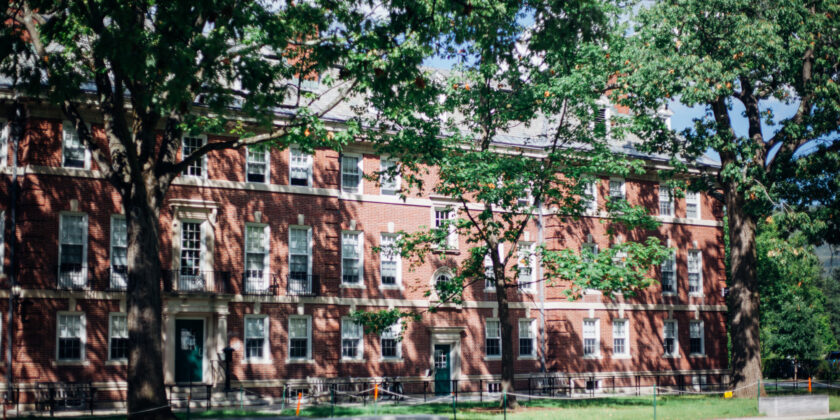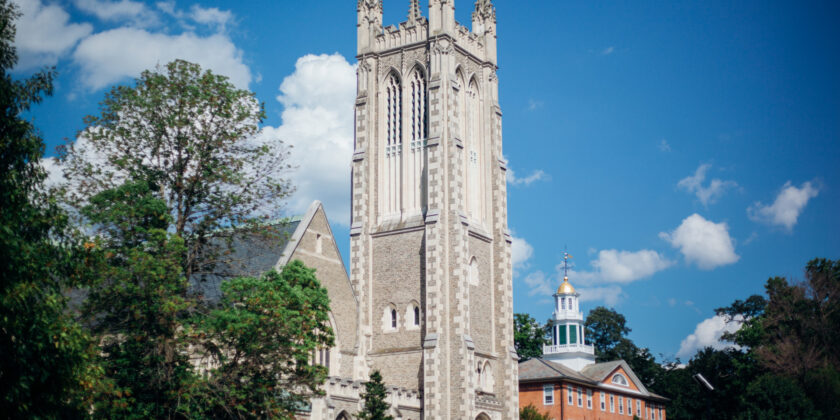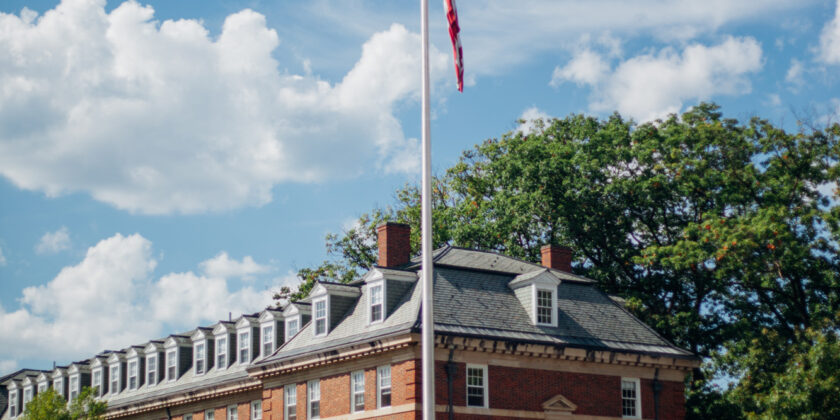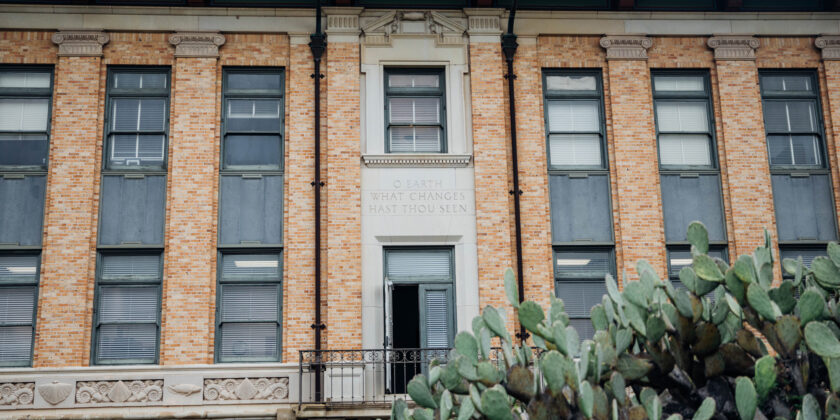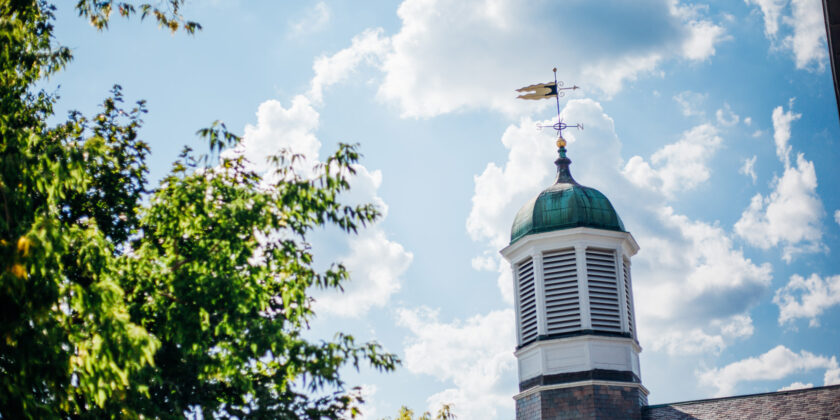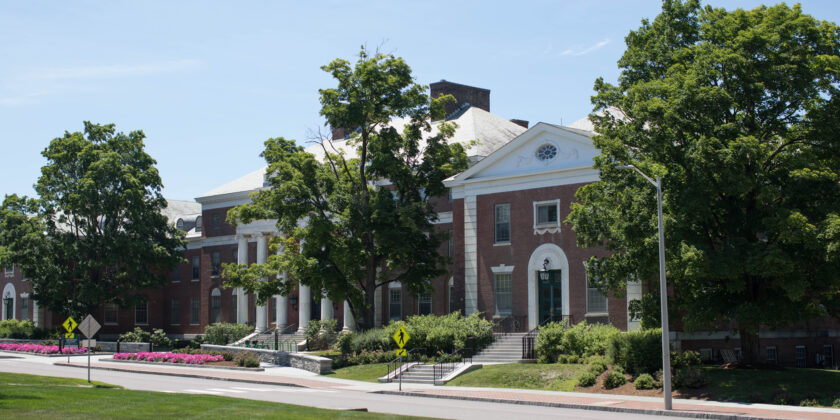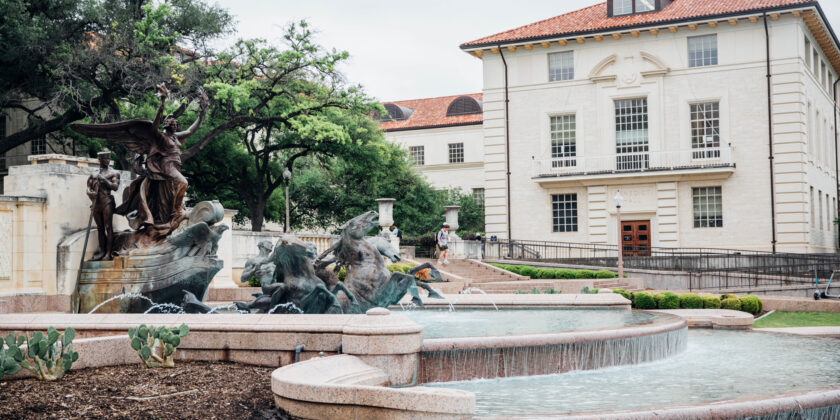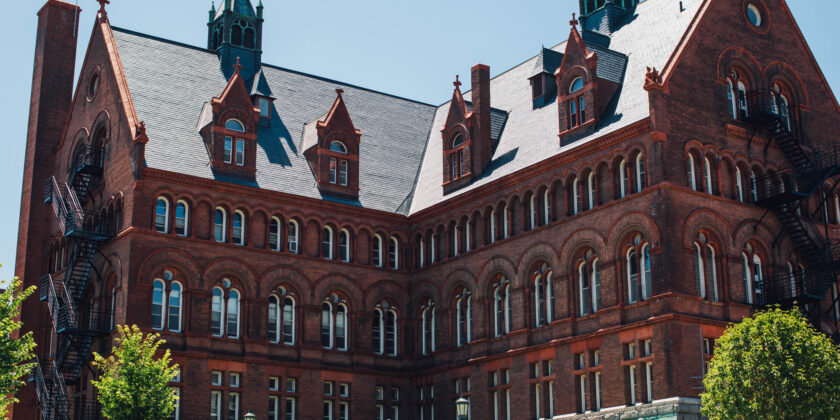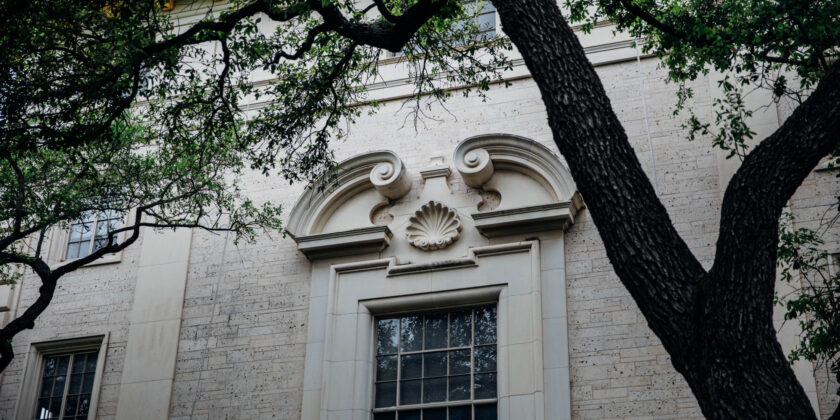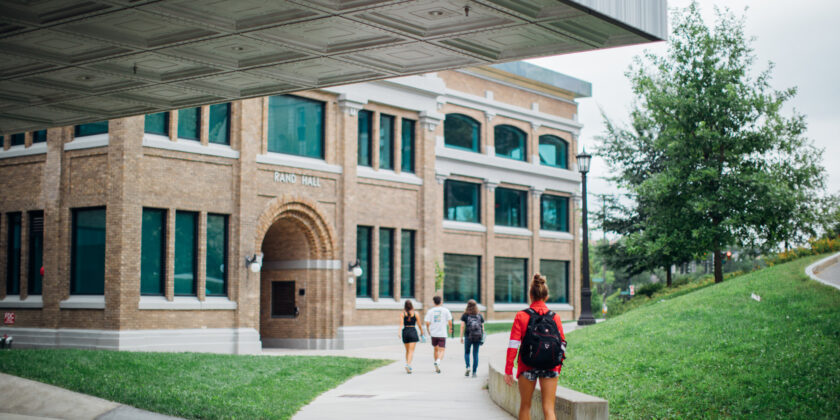Summer is the perfect time to explore your academic interests. As part of your college application, activities that help demonstrate your intellectual curiosity and commitment to an area of study (typically, the one(s) you might pursue in college) are extremely beneficial.
The following programs are some of our favorites for students interested in government, politics, law and IR.
Volunteer/Internship Opportunities:
Rock the Vote
US Department of Education
For the Many
The Benjamin Franklin Transatlantic Fellowship fosters relationships among the younger generation of Europeans and Americans to build strong linkages and an awareness of shared values. The Fellowship engages 45 teenagers from Europe and ten American teenagers (ages 16 – 18) in a four-week U.S.-based exchange program that aims to reinforce the transatlantic relationship. During the Fellowship, participants will explore transatlantic relations, leadership development, critical thinking, diplomacy, community activism, and the media in order to unite young adults around common goals, using the legacy of Benjamin Franklin as a framework. American youth are eligible to participate in the fellowship, but do not travel abroad. This fellowship is funded.
The United Nations Association of Greater Boston’s Summer Institute in Global Leadership offers week-long Model UN programs for students from all over the world to work together and address global issues. Learn about global issues, build skills for life and leadership, and collaborate with students from across the world during our week-long Model UN programs! In-person and virtual options.
The New York University High School Law Institute (HSLI is an Academic Year Program*) is a student-run organization that serves talented and motivated high school students throughout New York City. Alongside a sister program at Columbia Law School, they offer free, yearlong academic programming in constitutional law, criminal law, and speech and debate on Saturdays from 10 AM to 1 PM. Ideal HSLI students are those who recognize the impact of the legal system, wish to learn more about how it concretely impacts society, and are preparing themselves to serve and advocate for others.
The U.S. Department of State’s National Security Language Initiative for Youth (NSLI-Y) program provides critical language study overseas for U.S. high school students through full scholarships to participate in intensive summer and academic year programs. Participants study one of the eight NSLI-Y languages while immersed in the culture and day-to-day life of the host country. NSLI-Y is part of the National Security Language Initiative, a multi-agency U.S. government initiative launched in 2006 to improve Americans’ ability to engage with people from around the world. NSLI-Y plays an important role in preparing U.S. students for the 21st century’s globalized workforce and contributes to national security. NSLI-Y participants serve as citizen ambassadors, representing the diversity of the United States abroad and building lasting relationships with people in their host countries. If you have a passion for learning languages and want to immerse yourself in a foreign culture, this program may be for you! No previous language skills are required. NSLI-Y languages: Arabic, Chinese (Mandarin), Hindi, Indonesian, Korean, Persian (Tajiki), Russian, Turkish.
Onero Institute Virtual Teams. The Onero Institute produces high-level content on international affairs topics in new and creative ways. They develop projects specially designed for social media platforms to better engage young people on global issues and to bring credible content to an increasingly important space. Join the Virtual Engagement Team to take part in this unique area of today’s international discourse. If you would like to join but need more experience developing such projects, participate in the Virtual Engagement Program (VEP) to build up your skills in graphic design, concise writing, teamwork, and research.
The Edward M. Kennedy Institute for the United States Senate is dedicated to educating the public about the important role of the Senate in our government, encouraging participatory democracy, invigorating civil discourse, and inspiring the next generation of citizens and leaders to engage in the civic life of their communities. They offer ongoing volunteer roles and “internships” where students can help enhance the visitor experience and communicate the Institute’s mission.
Temple of Understanding internship program provides individuals with a hands-on learning experience of the work of the United Nations for four and a half intensive weeks. Students often discover their passion for a career in foreign affairs and related fields. Applicants are from different parts of the United States, as well as many other countries. Students accepted into this program have the opportunity to meet with different Missions and NGOs for discussions based on their specific questions and interests. Applicants are from different parts of the United States, as well as many other countries, and must be 17 years old by June 20 of the given Internship year.
Senate Page Program
Contact your senator’s office for more information on applying to be a Senate Page.
For Rising 9th Graders
The Summer Law Institute (SLI) is a five-week, summer law program for students who have just completed their eighth grade school year. The Summer Law Institute pushes rising ninth graders to see themselves as young professionals-in-training. The program exposes them to positive and successful role models, involves them in professional activities, and places them on a path that can lead to the fulfillment of their dreams. Students who complete the SLI are eligible to apply to our 4-year College Bound program.
*Stay in the know! Subscribe*
